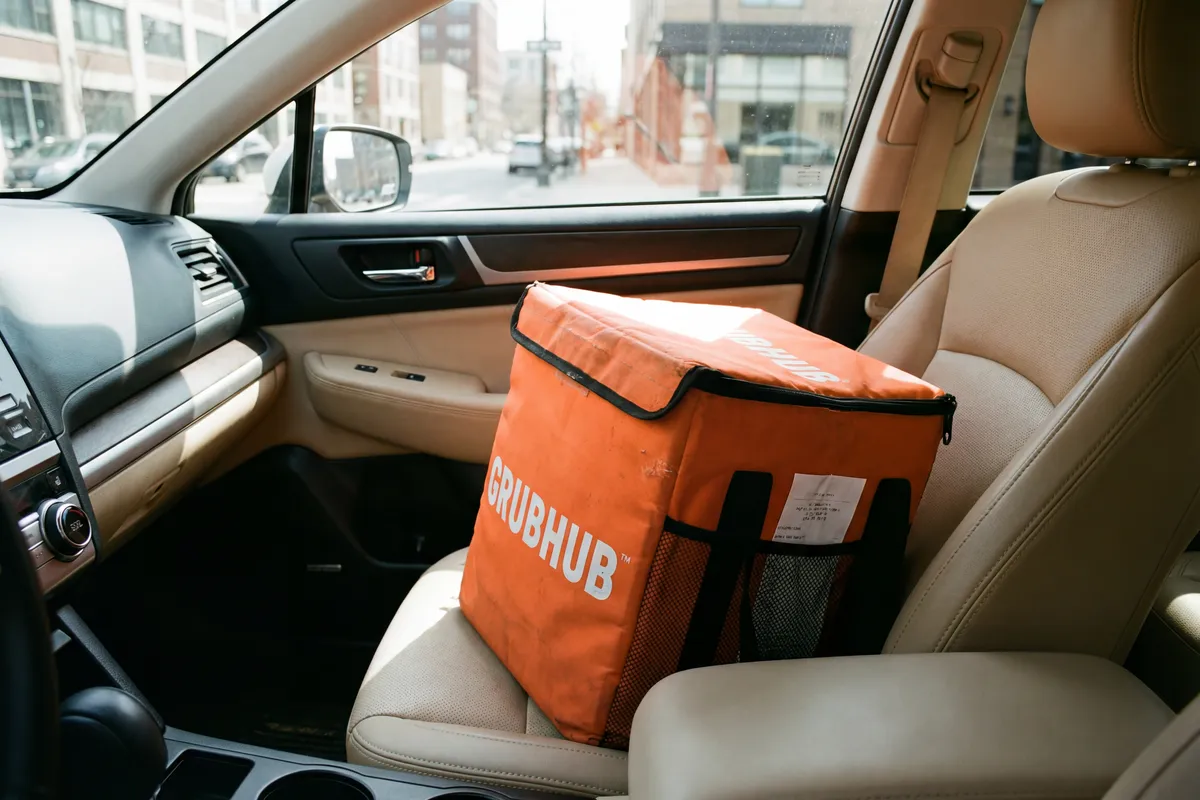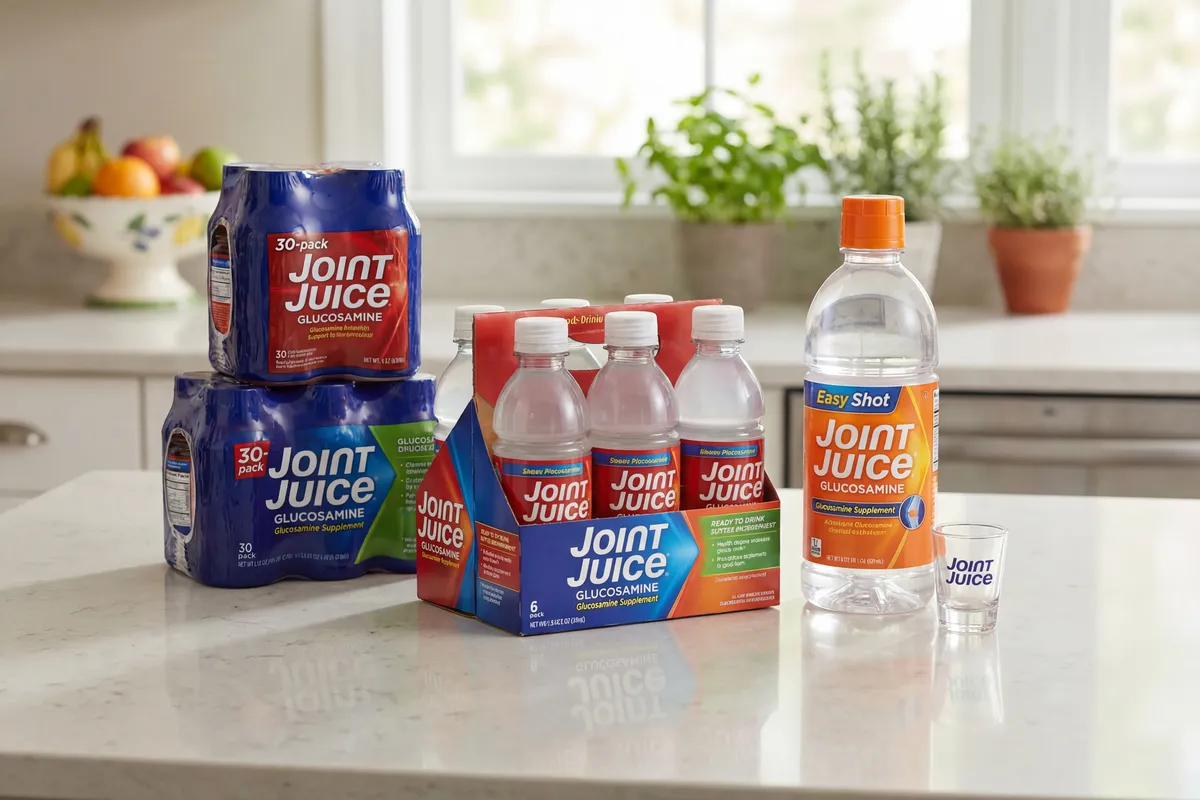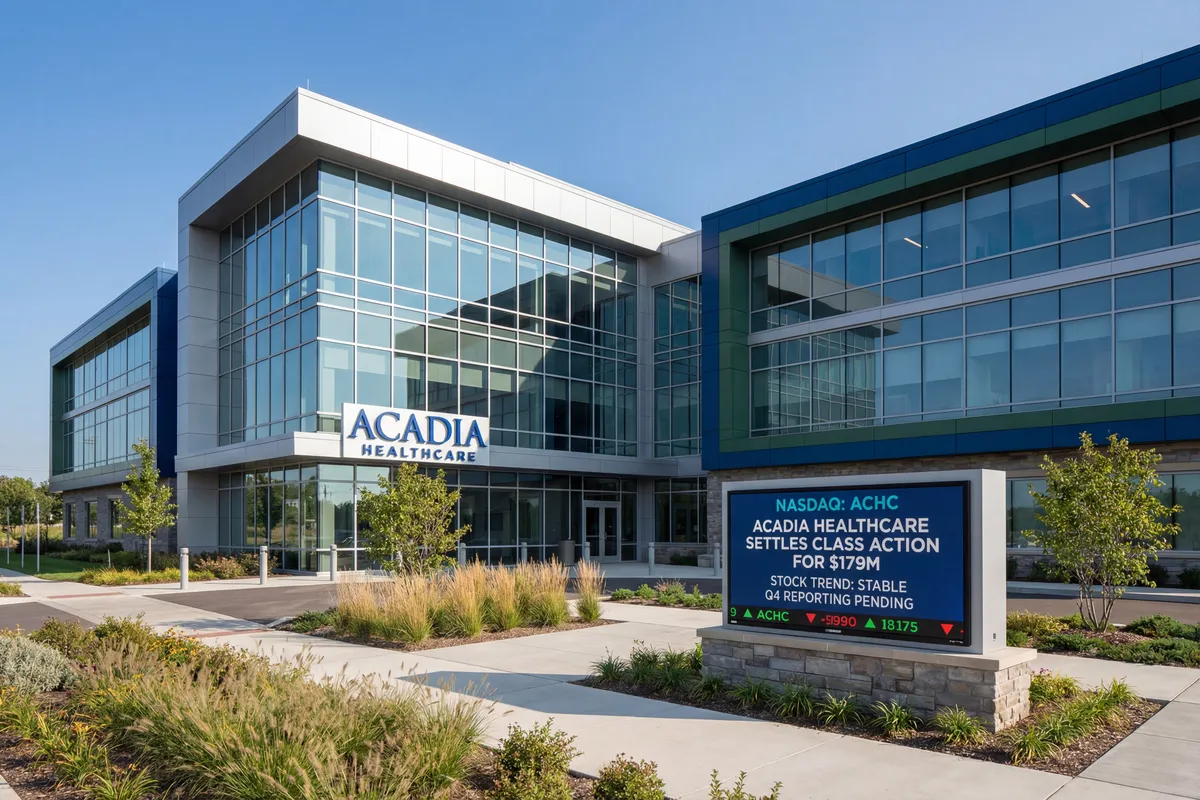
Update: The Hyundai and Kia airbag settlement was granted final approval on Oct. 8, 2025. The claim deadline has been extended to April 8, 2027.
Drivers who owned or leased certain Hyundai or Kia vehicles originally sold or leased in the United States or its territories may qualify to claim a cash payment from a class action settlement.
Hyundai Motor Co., Hyundai Motor America, Kia Corp., Kia America Inc., Hyundai Mobis Co. Ltd. and Mobis Parts America LLC agreed to pay $62.1 million to settle a class action lawsuit. The lawsuit alleges Hyundai and Kia equipped certain vehicles with defective ZF-TRW airbag control units that are susceptible to electrical overstress, potentially causing airbags and other safety features to fail in a collision.
Who can file a Hyundai and Kia claim?
Class members must meet all of the following criteria:
- They own or lease, or previously owned or leased, one of the following eligible Hyundai or Kia vehicles on or before April 14, 2025:
- 2011-2019 Hyundai Sonata
- 2011-2019 Hyundai Sonata Hybrid
- 2018-2023 Hyundai Kona
- 2022-2023 Hyundai Kona N
- 2019-2021 Hyundai Veloster
- 2010-2013 Kia Forte
- 2010-2013 Kia Forte Koup
- 2011-2020 Kia Optima
- 2011-2016 Kia Optima Hybrid
- 2011-2012 or 2014 Kia Sedona
- The vehicle was originally sold or leased in the United States or any of its territories or possessions.
Class members can use the VIN lookup tool on the official settlement website to determine whether their vehicle qualifies. The VIN is typically located on the driver’s side dashboard, door post, vehicle title, registration or insurance card.
There are two main categories of class members:
- Owners/lessees of recalled vehicles: Vehicles recalled for the ZF-TRW ACU issue.
- Owners/lessees of unrecalled vehicles: Vehicles that have not been recalled for the ZF-TRW ACU issue.
How much is the airbag control unit payout?
- Reimbursement for certain reasonable out-of-pocket expenses: Owners/lessees of recalled vehicles may be eligible for reimbursement of expenses related to the recall, such as:
- Unreimbursed rental car or transportation costs while waiting for recall repairs
- Towing charges to a Hyundai or Kia dealer for recall remedy
- Childcare expenses during recall repairs
- Unreimbursed costs for repairing ZF-TRW ACUs
- Lost wages due to time off work for recall-related appointments
- Residual distribution payments: All class members can claim a residual distribution payment regardless of whether their vehicle was recalled or if they incurred out-of-pocket expenses. The actual payment amount depends on the number of valid claims and the total settlement funds remaining after other payments and costs are deducted.
- Up to $350 for recalled vehicles
- Up to $150 for unrecalled vehicles
- New parts warranty: Owners/lessees of recalled vehicles will receive a new parts warranty for new parts installed under the recalls starting April 14, 2025, and lasting 10 years. This warranty covers repairs or replacements (including parts and labor) for defects in new parts installed as part of the recall.
- Inspection and outreach programs: The settlement includes a robust inspection program and outreach efforts to increase recall completion rates.
- Potential future rental car reimbursement and loaner vehicles: If Hyundai and Kia issue recalls for unrecalled vehicles, these class members may be eligible for rental car reimbursement or loaner vehicles.
How to claim a class action rebate
Class members can file a claim online or download and print a PDF claim form to complete and mail to the settlement administrator. The claim form deadline is April 8, 2027.
Settlement administrator's mailing address: Hyundai-Kia Airbag Control Unit Settlement c/o JND Legal Administration, PO Box 91478 ,Seattle, WA 98111
Class members with multiple eligible vehicles must submit a separate claim for each vehicle.
Proof and documentation required
- For reimbursement of out-of-pocket expenses, class members must provide documentation, such as receipts, invoices or statements showing payment for the claimed expenses.
- For residual distribution payments, class members who have the unique ID from their settlement notice may not need to provide further documentation unless requested by the settlement administrator. Those who do not have a unique ID may need to provide proof of ownership or lease, such as a vehicle title, registration, purchase or lease agreement or insurance documentation showing their name and VIN.
- To file an online claim, class members must provide the unique ID and PIN from their settlement notice and their VIN.
Payout options
- Virtual debit card
- PayPal
- Venmo
- Paper check by mail
$62.1 million airbag control unit settlement fund breakdown
The $62,100,100 settlement fund includes:
- Settlement administration costs: Up to $5,000,000
- Attorneys' fees and costs: Up to $20,493,033.30
- Service awards to class representatives: Up to $2,500 each
- Payments to eligible class members: Remaining funds after above costs distributed as reimbursement and residual payments
Once the court gives final approval to the settlement, Hyundai and Kia will launch a $3.5 million outreach program aimed at increasing recall rates. Any unused funds will be added to the settlement fund for residual payments.
Important dates
- Claim deadline: April 8, 2027
- Exclusion deadline: Aug. 25, 2025
- Fairness hearing: Sept. 29, 2025
When is the Hyundai/Kia settlement payout date?
Payments for approved claims will be issued after the settlement receives final court approval and any appeals are resolved.
Why was there a class action settlement?
The class action lawsuit alleged Hyundai and Kia equipped certain vehicles with defective ZF-TRW airbag control units that could fail due to electrical overstress, potentially causing airbags and other safety features not to work during a collision.
The companies deny any wrongdoing but agreed to settle to avoid the costs, risks and delays of further litigation.
.png)







.webp)
.webp)
.webp)

.webp)
.webp)
.webp)
.webp)







.svg)
Comments